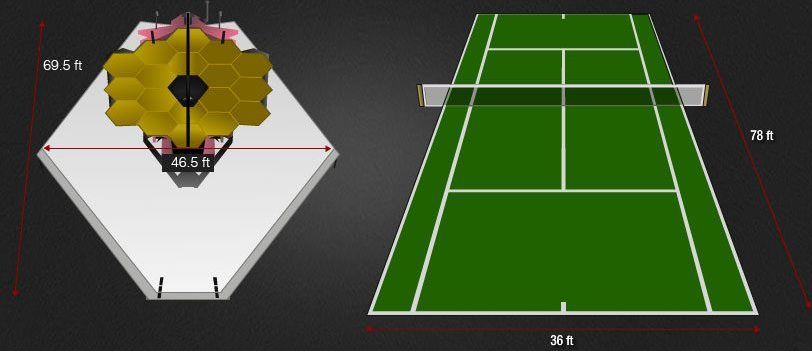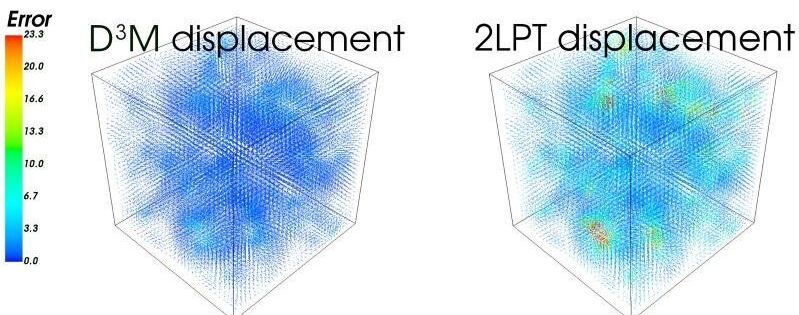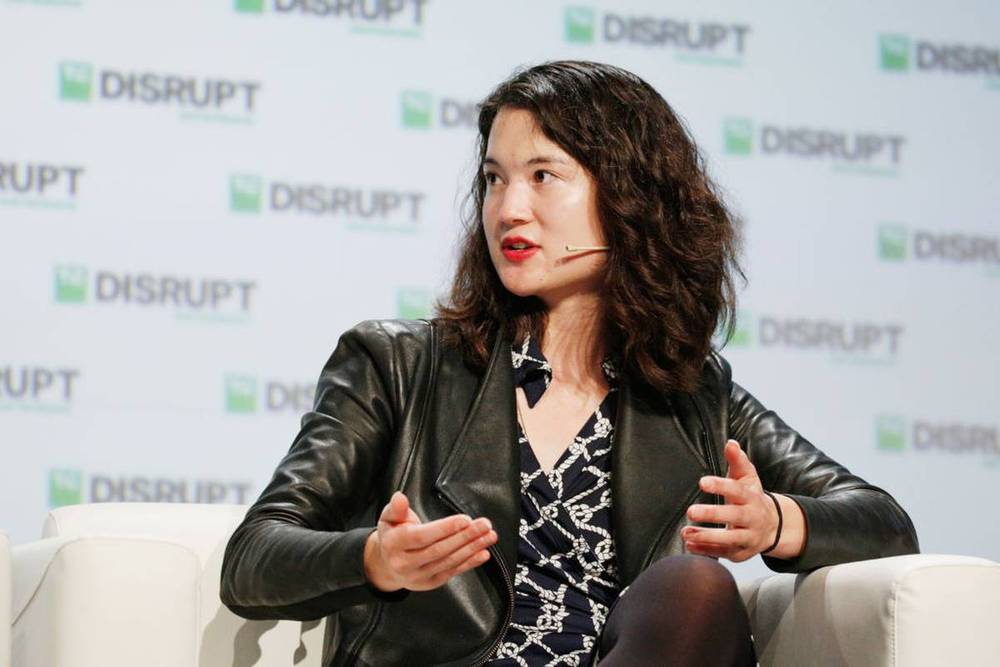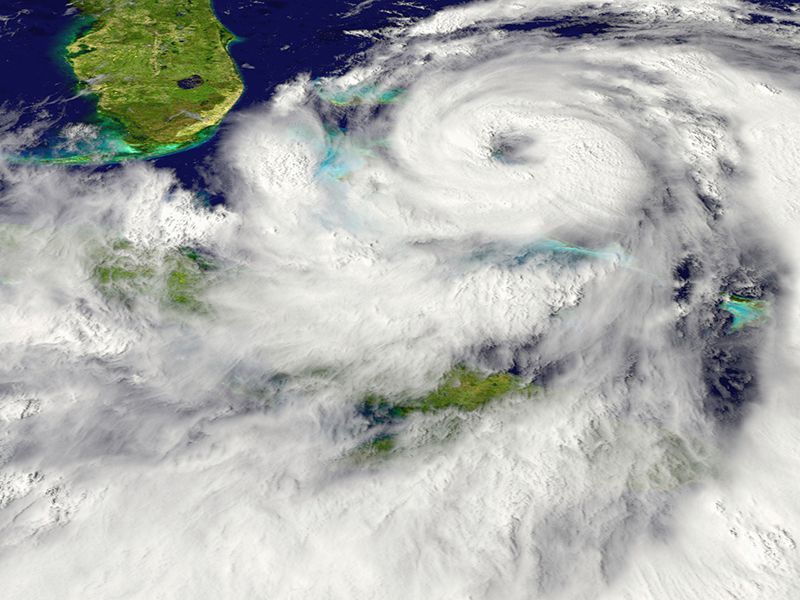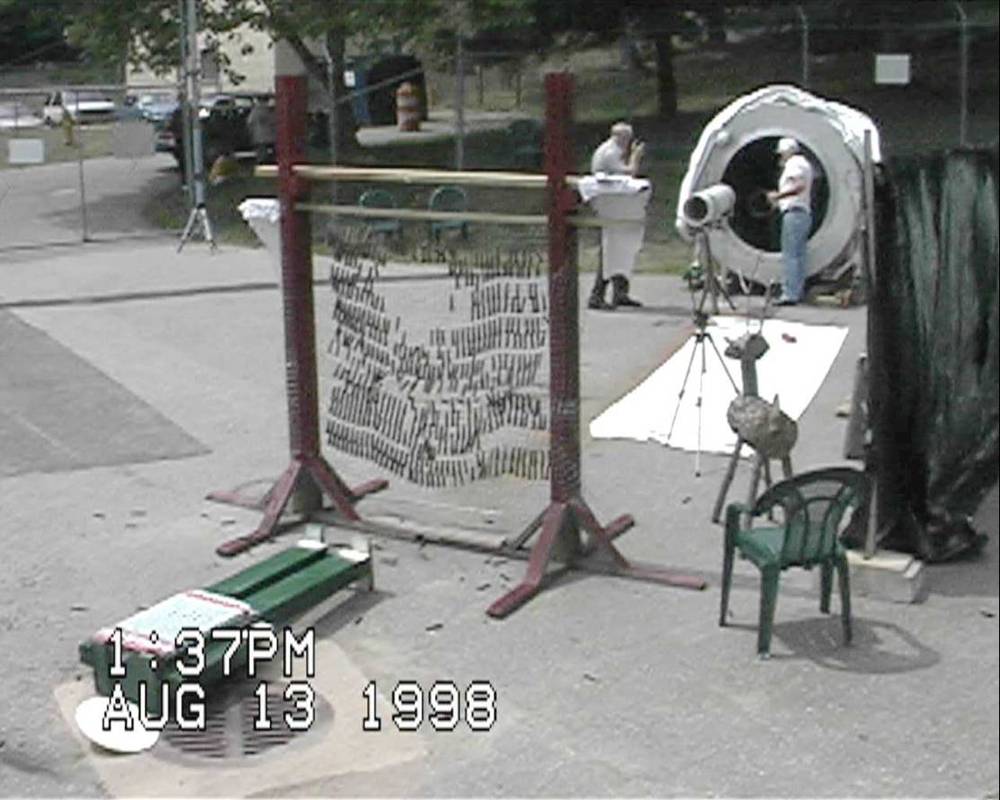The heaviest mantle of bees weighed 62.1 kg (136 lb 14.51 oz) and was achieved by Ruan Liangming (China) in Fengxin County, Jiangxi Province, China, on 6 May 2012.
Each week, we bring you jaw dropping records both old and new from our Guinness World Records video archive!
Welcome to the official Guinness World Records YouTube channel!
If you’re looking for videos featuring the world’s tallest, shortest, fastest, longest, oldest and most incredible things on the planet, you’re in the right place.
LIKE us on Facebook: http://www.facebook.com/GuinnessWorldRecords
FOLLOW us on Twitter: http://twitter.com/gwrnews
Find out more: http://www.guinnessworldrecords.com/
Add us to your G+ circles: http://bit.ly/GWRgplus
#GWR #GuinnessWorldRecords #worldrecord
